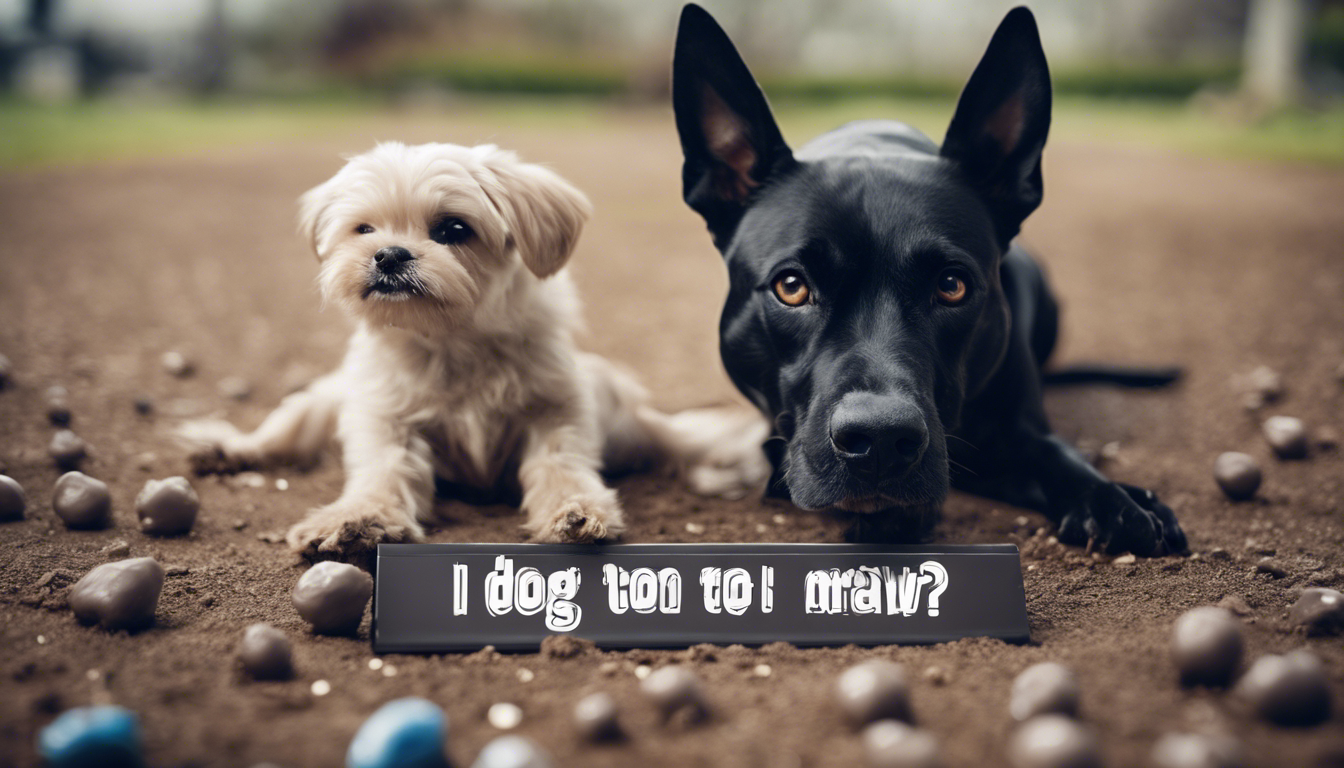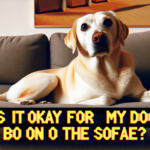Contents
Why Do Dogs Eat Poop?
Fundamentally, the behavior of dogs eating feces can be traced back to their roots. Before being domesticated, wild dogs might have to scavenge for food, and feces would be a readily available source. This innate instinct to ensure survival may still linger in our domestic dogs today.
Some potential reasons for this behavior include:
- Nutritional deficiencies: If a dog’s diet lacks certain essential nutrients, it might try to compensate by eating feces, as they can contain undigested nutrients.
- Boredom or anxiety: Dogs left alone for extended periods or who don’t receive sufficient physical exercise and mental stimulation could turn to coprophagia as a way to relieve boredom or stress.
- Health issues: Certain medical conditions, such as malabsorption syndromes or pancreatitis, may lead to coprophagia.
Is It Normal or Safe?
Whilst disconcerting to us humans, the act is considered normal amongst dogs. As for whether it’s safe, it largely depends. If a dog consumes its own feces or that of another healthy dog, the risk is relatively low. However, if the feces come from a dog with diseases or parasites, this poses a more significant risk. Contact with a vet is recommended if your dog frequently engages in coprophagia.
The Health Risks
Health risks can be attached to coprophagia, especially if the feces ingested are infected with parasites or pathogens. These risks can include:
- Parasitic Infections: Roundworms, hookworms, and whipworms can all be transmitted through consuming feces.
- Bacterial Infections: Salmonella and E. Coli are also organisms that can be transmitted through infected feces.
Ways to Discourage Coprophagia
The good news is that there are several strategies you can implement to discourage this behavior:
- Prompt cleaning: Clean up after your dog as soon as possible. This removes the ‘treat’ and makes it harder for your dog to engage in the behavior.
- Nutritional balance: Seek advice to ensure your dog’s diet is well-rounded and meeting all its nutritional needs.
- Enrichment and anxiety reduction: Provide interactive toys and regular exercise to keep your dogmentally stimulated and physically active.
When to Seek Help
If your pooch continues to engage in coprophagia after following these steps, or if they show signs of illness, a consultation with a veterinarian may be necessary.
Sure, it might feel gross and strange for us, but for our furry friends, eating feces can sometimes just be part of being a dog. The key is to ensure they’re doing it safely or taking steps to dissuade them from doing so.
FAQs
- Q: Is it normal for my dog to eat cat feces?
A: Yes, and even more so because cat feces often contain a lot of protein. However, it’s still not a behaviour to encourage due to health risks. - Q: Is coprophagia a sign of illness?
A: It can be, particularly if it’s a new behaviour. A vet check-up would be advised. - Q: Can eating poop make my dog sick?
A: Yes, if the feces contain parasites or pathogens.





